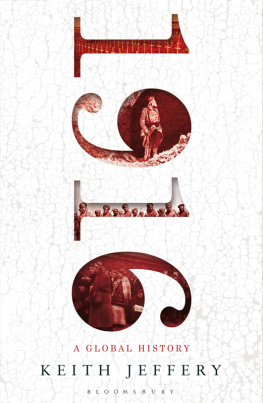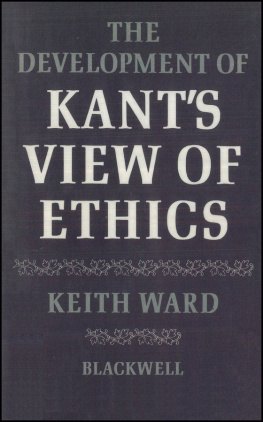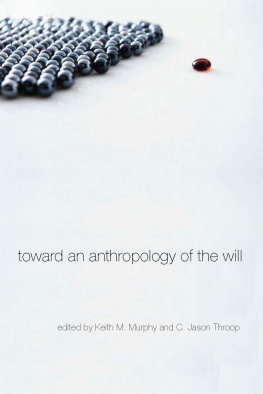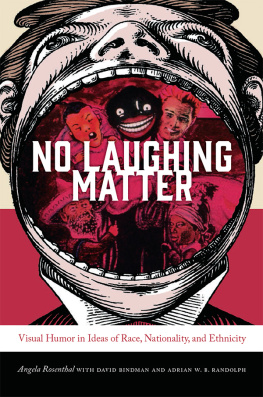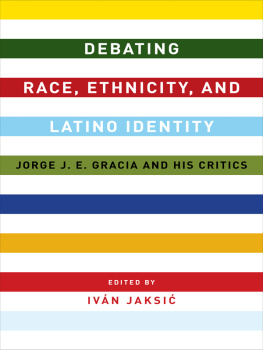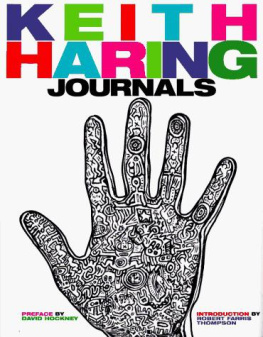FROM AN ANTHROPOLOGIST'S POINT OF VIEW
Nationality and Race in Boyle's Time
It was during the lifetime of Robert Boyle that our forefathers began to come into close contact with the races and nationalities of the outer world. When he was born in County Cork in the year 1627, small and isolated bands of Englishmen were elbowing Red Indians from the eastern sea-board of North America; before his death in London in 1691, at the age of sixty-four, he had seen these pioneer bands become united into a British fringe stretching almost without a break from Newfoundland to Florida. Neither he nor any one else in England could then have guessed that in less than two centuries the narrow fringe of colonists would have spread from shore to shore, thus carpeting a continent with a new people. It was in his time, too, that English merchants and sailors made a closer acquaintance with the peoples of India, of the Far East, and with the sea-board natives of Africa and of South America. We have only to turn to the six splendid volumes in which his experiments, observations, and writings are preserved to see how he viewed the world which his countrymen were opening up beneath his eyes. In a short paper, drafted some time before his death, he gives the most minute directions to guide navigators in drawing up reports of newly discovered lands. His directions relate to every conceivable property or aspect of a new countryits geography, mineral wealth, natural products, climateall but its inhabitants. Like many Englishmen of his time, Boyle conceived that his duty by native peoples began and ended when he had seen that they were supplied with copies of the Bible. For him, and for most of his contemporaries, there seem to have been no racial problems; for they did not regard the meeting and mingling of diverse races or of peoples of different nationalities as matters which deserved investigation and explanation. Boyle witnessed the acutest phases of the 'plantation' of Ireland, but the inquiries he set on foot regarding that country were: 'How it cometh to pass that there are not frogs, toads, snakes, moles, nightingales, rarely magpies' within its borders; he inquired, too, concerning the true nature of 'diverse things which the Irish foolishly report of St. Patrick'especially concerning the 'birds turned into stones for chirping when St. Patrick was preaching'. There were, of course, racial and national problems in Boyle's time, but they had not then presented themselves before the tribunal of the public mind as matters demanding investigation and treatment.
Race and Nationality in Recent Years
We need not blame the statesmen and writers of Boyle's time for failing to recognize the inward significance of national and racial manifestations any more than we condemn his contemporary physicians for failing to separate from the mass of disease such conditions as are known to modern medical men as appendicitis and typhoid fever. Typhoid fever and appendicitis existed in Boyle's time just as did national disturbances and racial antipathies, but their nature and significance passed undiagnosed. It was not until England had laid siege, by means of armies of colonists, to lands inhabited by native races, or had come to guide the destinies of great tropical empires by handfuls of civil servants, that she realized that racial contact gives rise to live and burning antagonisms. Nor are national problems new to England; they have always dogged the footsteps of her statesmen. In Boyle's time a people could make its national spirit heard and felt only by resorting to brute force. In our times there are other means; a people mobilizes its national spirit by means of the daily press; the promulgation of national propaganda has become a fine art; modern statesmen have learned that national feelings, rightly directed, have the force of an avalanche. The problems of Race and of Nationality, then, are by no means new, but in their modern form they are new. The far-flung lines of the British Empire and the mobilization of the popular spirit by means of the press and propaganda have compelled our statesmen, historians, publicists, psychologists, and anthropologists to re-examine the nature of the forces which lie behind racial movements and national agitations. Of the importance of a right understanding of the nature of these forces for the future maintenance and development of the British Empire there cannot be any question. In the guiding of its destinies Oxford men will, in the future as in the past, take a leading part, and much of their success will depend on how far they have grasped the nature of the inward forces which group mankind into races and nations. That is my reason for making the problems of Race and Nationality the subject of this lecture in memory of Robert Boyle.
Inherited Instincts and Modern Ideals are out of Harmony
It has scarcely been possible in recent years to open a newspaper without our eye being arrested by head-lines telling us of racial strifes or international contentions. One day we read of race riots; on the next we learn that the inhabitants of a certain area of land demand separation from all surrounding peoples. By a process of 'self-determination' they demand to be recognized as a separate people or nation. These racial and national contentions are not restricted to any particular people or land; we find them in every country. The politician is too near to these racial and national manifestations of the modern world to see them in their proper light; even the historian is not far enough away from them to see them in their right perspective. You cannot explore the secret sources from which they spring unless you have grasped the immensity of man's unwritten history. Let me make my meaning quite clear by an historical example chosen from man's body. Among our modern populations there are no ailments more prevalent than those which arise from a disordered working of the great bowel. Why this part of our bodily machinery should fail us under modern conditions of diet becomes quite apparent when we survey the history of man's distant past. For the anthropologist there are only two well-marked phases in human history. The first phase is that of Natural subsistencean infinitely long and monotonous chapter, stretching over a million of years or more. The second is the phase of Artificial subsistencea short chapter covering a period of 10,000 or 12,000 years at the utmost, but a period crowded with events which have a critical bearing on our present and future welfare. In the first or long phase mankind was broken into small and scattered groups which gained as best they could a sparse, uncertain, and coarse sustenance from the natural produce of shore and stream, moorland and woodland. In the second or short phase man conquered nature; by means of cultivation and domestication he forced from the soil a sure and abundant supply of food, thus rendering possible the existence of our modern massed populations. Now the machinery of man's body and the instinctive outfit of his brain, which had been evolved to answer to the conditions of life presented by the first long phase of his history, were also those which had to serve him when he entered the new conditions of the short or modern phase. We need not be surprised to find, then, that part of his ancient outfit is ill adapted to modern conditions of life. Man's great bowel, including the caecum, appendix, and colon, which answered his needs well when his dietary was coarse and uncooked, is ill contrived to deal with foods which are artificially prepared and highly concentrated. A school, which was headed by the late Professor Metchnikoff, even goes so far as to maintain that man would be improved by the complete removal of his great bowela doctrine with which I totally disagree. We are all alive to the fact that there is a lack of harmony between the ancient machinery of our bodies and the modern conditions under which we live, but we are only now awakening to the fact that what is true of our bodies is also true of our minds. In that immense first phase of our history an elaborate mental machinery had been evolved for binding small groups of mankind into social units. This subconscious or instinctive mental outfit, we shall see, is part of the machinery which Nature has employed in the evolution of races of mankind. The mental adaptations which modern man has inherited from the immensity of his past we may briefly describe as part of Nature's tribal machinery. The thesis, then, which I propose to expound to you is that in our modern racial strifes and national agitations we see man's inherited tribal instincts at war with his present-day conditions of life. We have broken up, or are attempting to break up, Nature's ancient tribal machinery and at the present time are striving to replace her designs by others evolved in the minds of modern statesmen and politicians. We moderns are like hill sheep turned into fenced fields with all our wandering instincts still grafted on our original nature. As in them, our instincts are at war with our surroundings. It is the most natural thing in the world that we should blame the barriers which have been set round us because we are scarcely conscious of the inherited predispositions with which Nature encompasses her tribal fields. We cannot understand the nature of our modern racial and national problems until we perceive that in these days we are endeavouring to build a new world out of the wreckage of an old.




